

ELLIS Reading Groups
As part of its educational activities, ELLIS aims to connect PhDs and postdocs in the network and supports them in creating opportunities to discuss science. ELLIS Reading Groups are initiated and organized by ELLIS PhD students and postdocs across Europe.
Currently, the following student-led reading groups on machine learning-related topics meet regularly to discuss a paper the group previously voted on or host a speaker.
Computer Vision and Beyond
The field of Computer Vision has witnessed significant evolution in recent decades, from the emergence of Vision Transformers to the development of powerful Generative AI models. This reading group aims to explore the latest research within and beyond this field, encompassing topics from deep learning fundamentals to cutting-edge Vision-Language Models. Our main goal is to stay abreast of the most advanced areas in understanding the concepts underpinning deep neural networks and their diverse applications in computer vision.
Chair(s): Oishi Deb (University of Oxford)
ELLIS-ELLIOT Human-Centric Machine Learning (HCML)
This reading group aims to gather researchers and students interested in both getting a wide vision of the topic and also deeply diving into it. Reading papers about different topics inside HCML, and also discussing new problem set-ups, different approaches, and sources of bias will lead us to a broad understanding of how algorithmic and human decisions influence each other. Organised by students in the ELLIS PhD Program and the ELLIOT Young Researcher Group.
🔗 Webpage
🔗 Google Group
Chairs: Adrian Arnaiz (ELLIS Alicante), Aditya Gulati (ELLIS Alicante), Diego Miguel (ELLIS Alicante), Kim Zierahn (ELLIS Alicante), Damar Hoogland (Jožef Stefan Institute)
Mathematics & Efficiency of Deep Learning
This reading group examines the interplay between the theoretical foundations of deep learning and the practical challenge of making machine learning efficient. On the theory side, we study mathematical insights into optimization, generalization, architectures, and training dynamics, exploring how these principles explain why modern networks learn and generalize. On the efficiency side, we investigate how these theoretical insights inform resource-aware and scalable ML, including algorithmic improvements, architecture design, and hardware-aware training. By linking rigorous theory with practical efficiency, the group aims to understand not only why deep learning works, but also how to make it faster, cheaper, and more sustainable in real-world applications, while staying current with cutting-edge research.
This reading group is affiliated with the ELLIS Unit Graz.
🔗 Website
Chairs: Linara Adilova (TU Dortmund) & Olga Saukh (TU Graz)
ELLIS UniReps Speaker Series
The ELLIS UniReps Speaker Series explores the phenomenon of representational alignment, where different neural models—both biological and artificial—develop similar internal representations when exposed to comparable stimuli. This raises key theoretical and practical questions: When do similar representations emerge across models? Why does this alignment occur, and what underlying principles drive it? How can we leverage this alignment to explore applications such as model merging, model re-use, and fine-tuning?
Each monthly session features two talks:
Keynote talk – A broad overview by a senior researcher, providing context on a key topic
Flash talk – A focused presentation by an early-career researcher (such as a PhD student or postdoc), highlighting recent findings or ongoing work.
The series will introduce participants to core topics in deep learning, neuroscience, cognitive science, and mathematics and will give opportunity for early-career researchers to share their work and foster interdisciplinary discussions across research fields listed above.
🔗 Webpage
Chairs: Marco Fumero (IST Austria), Clementine Domine (UCL Gatsby), Irene Cannistraci (ETH), Dingling Yao (IST Austria)

